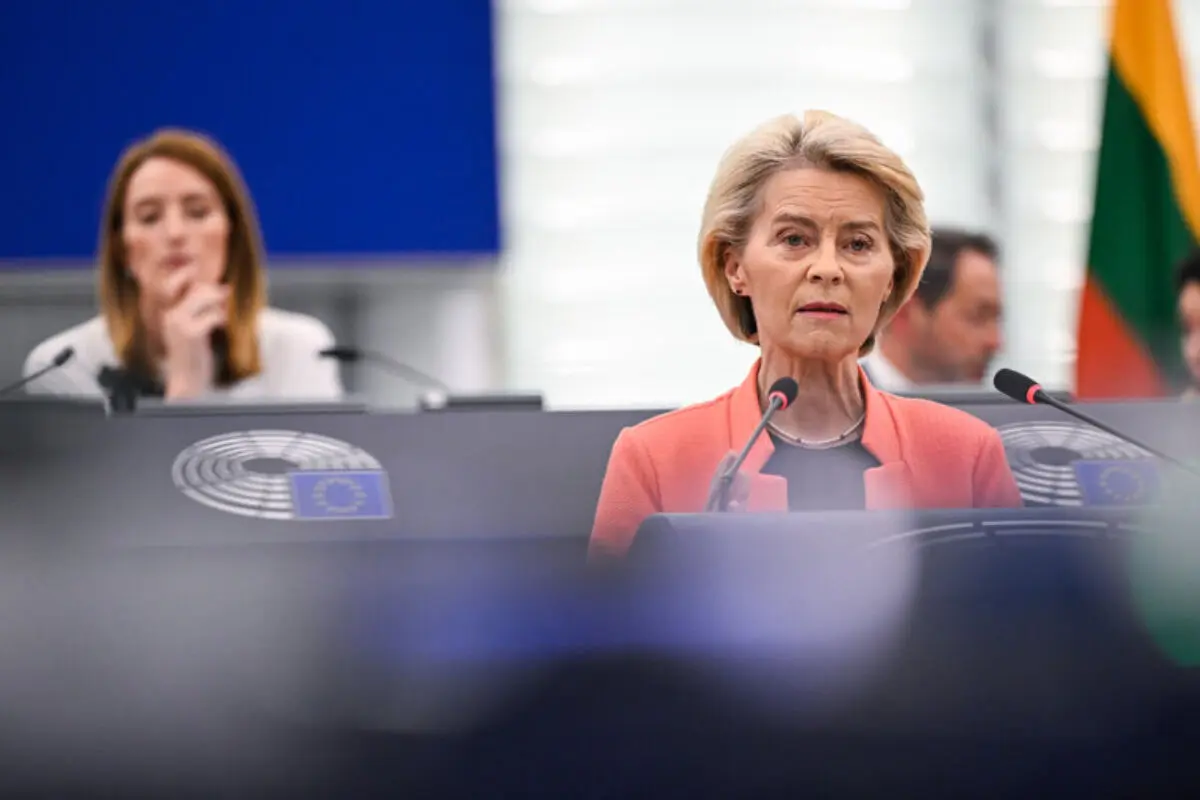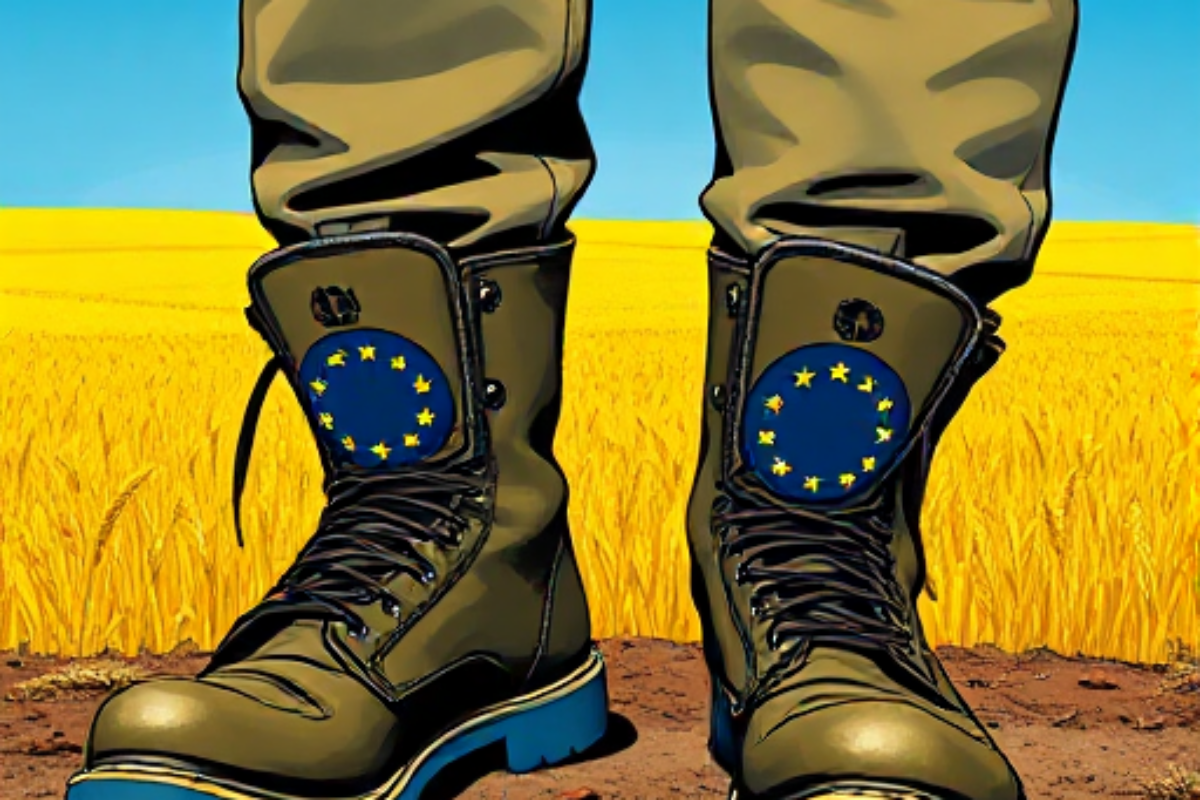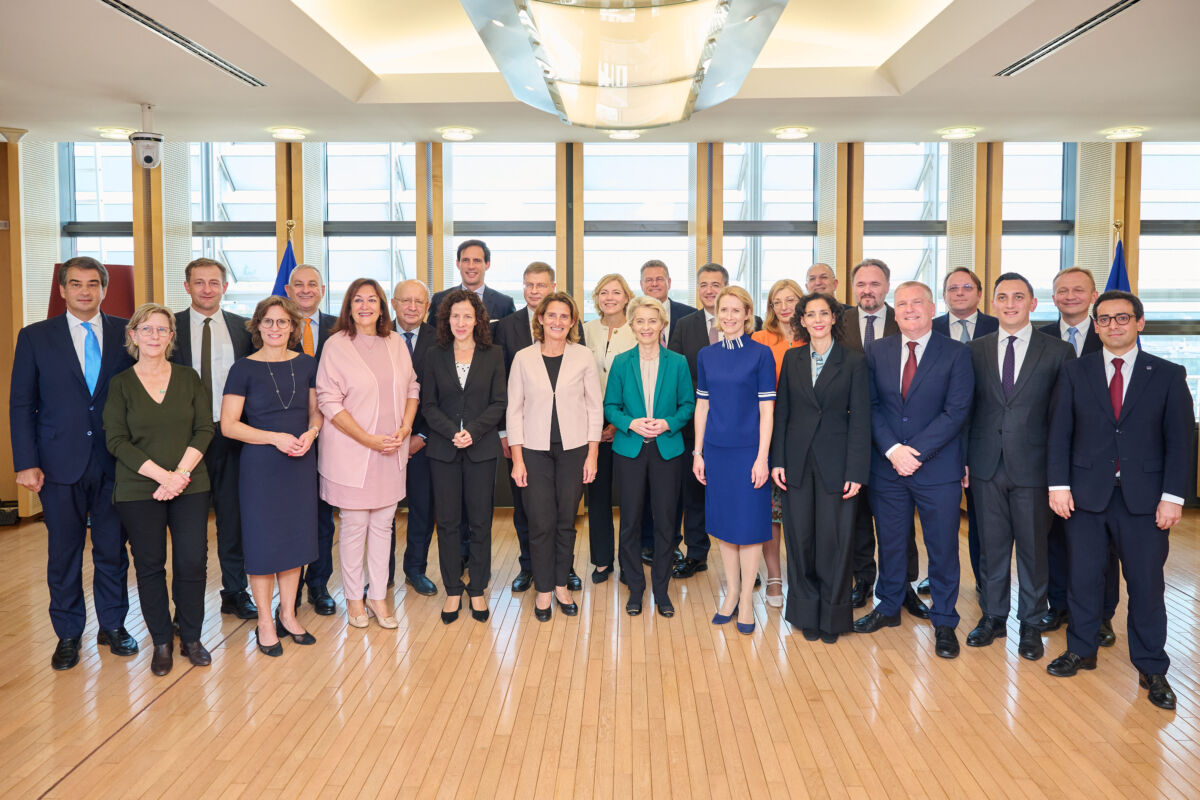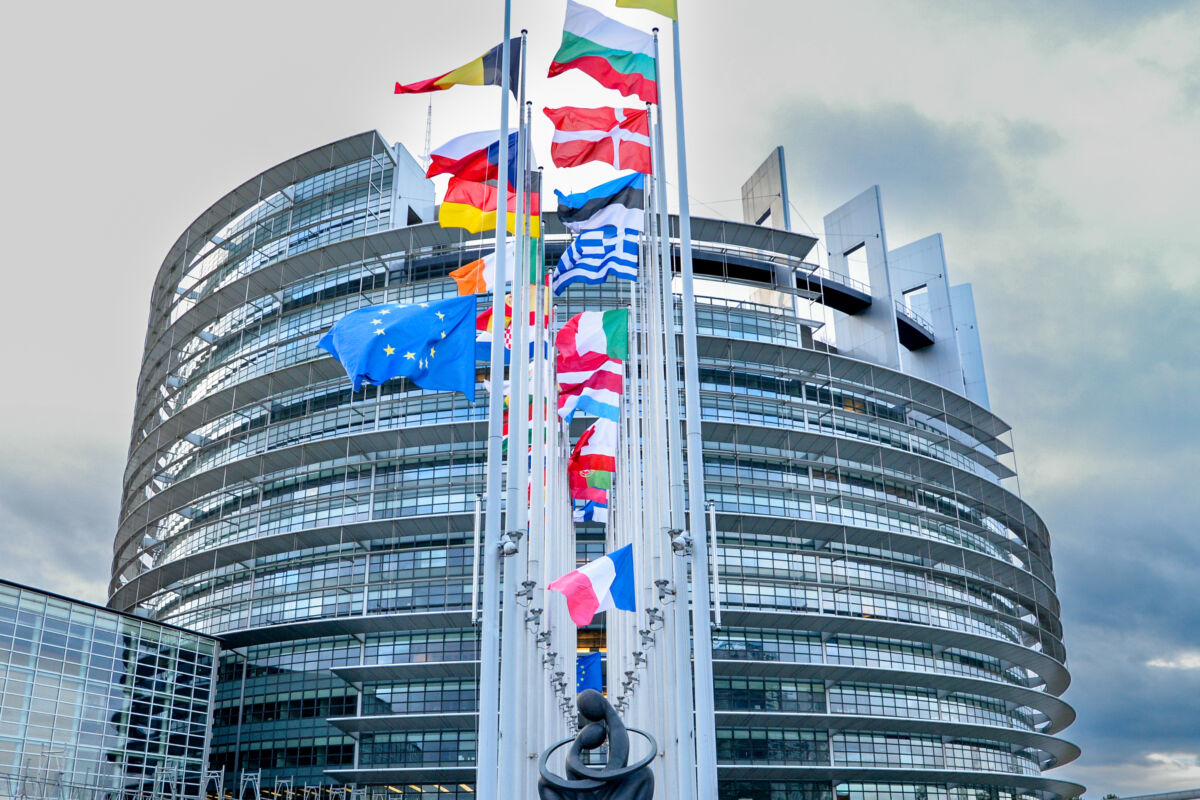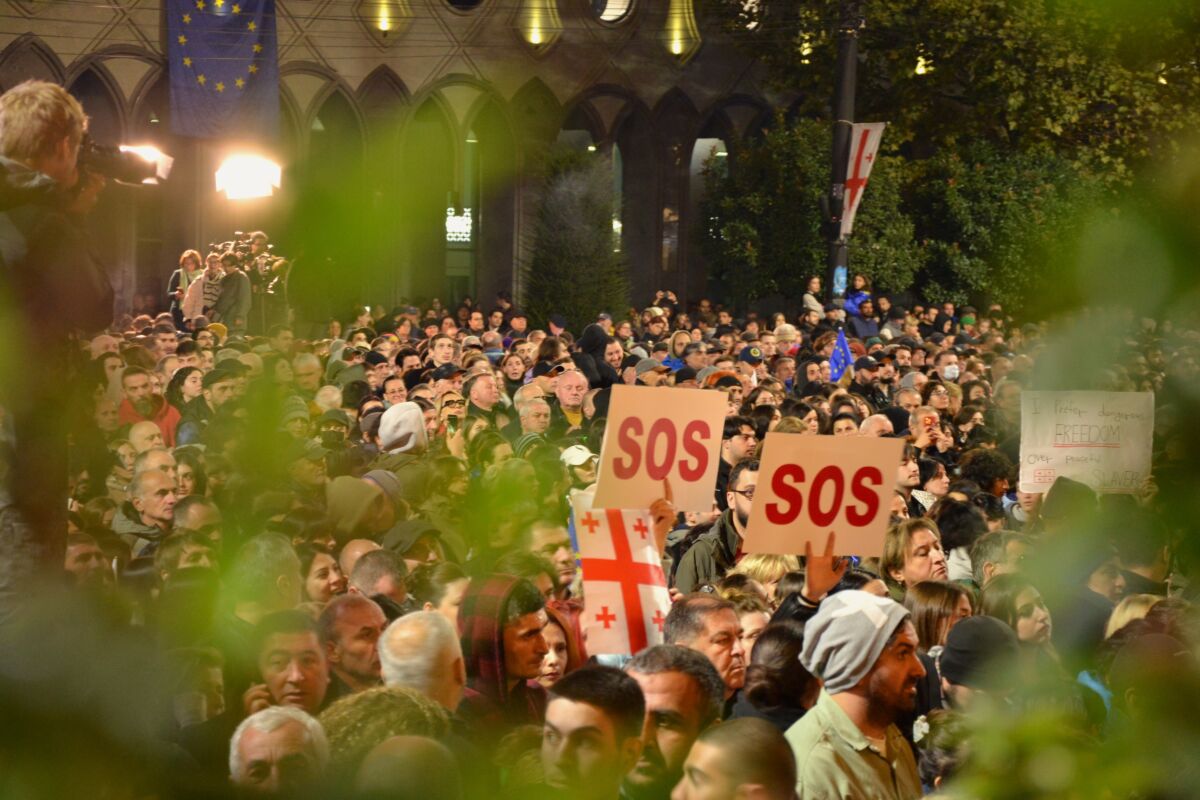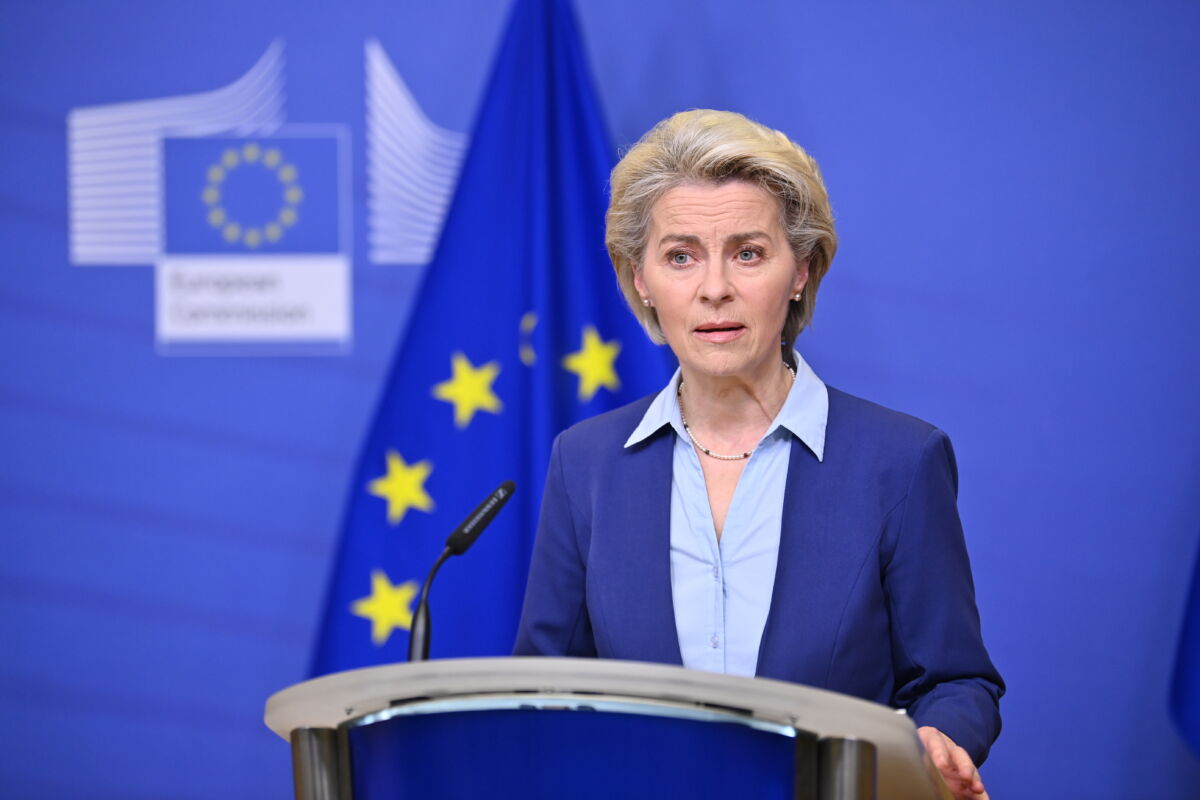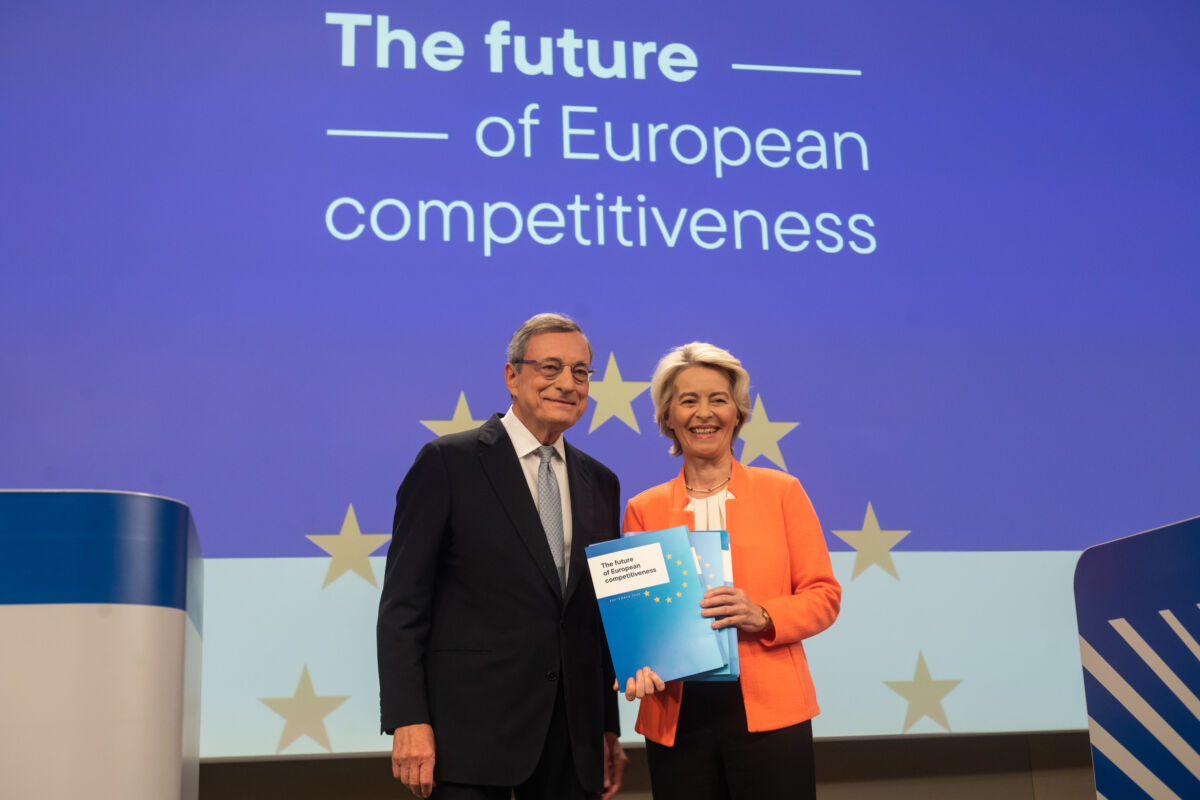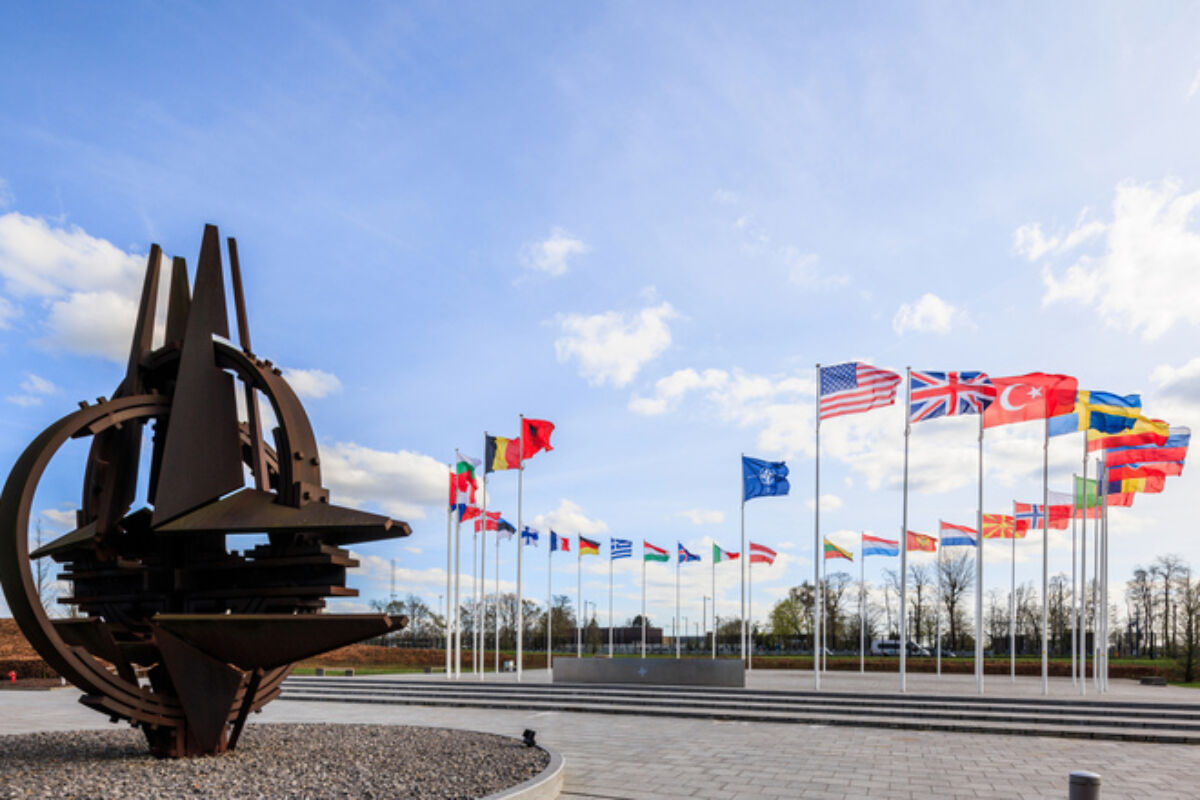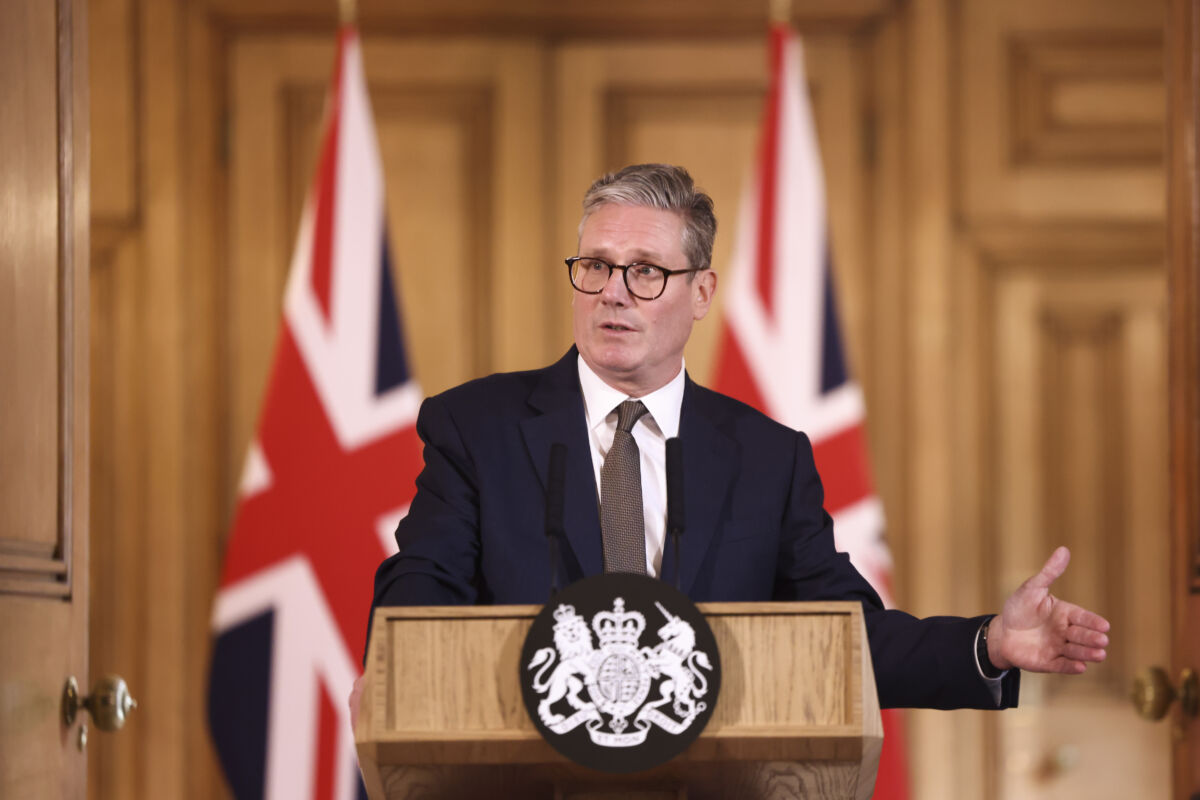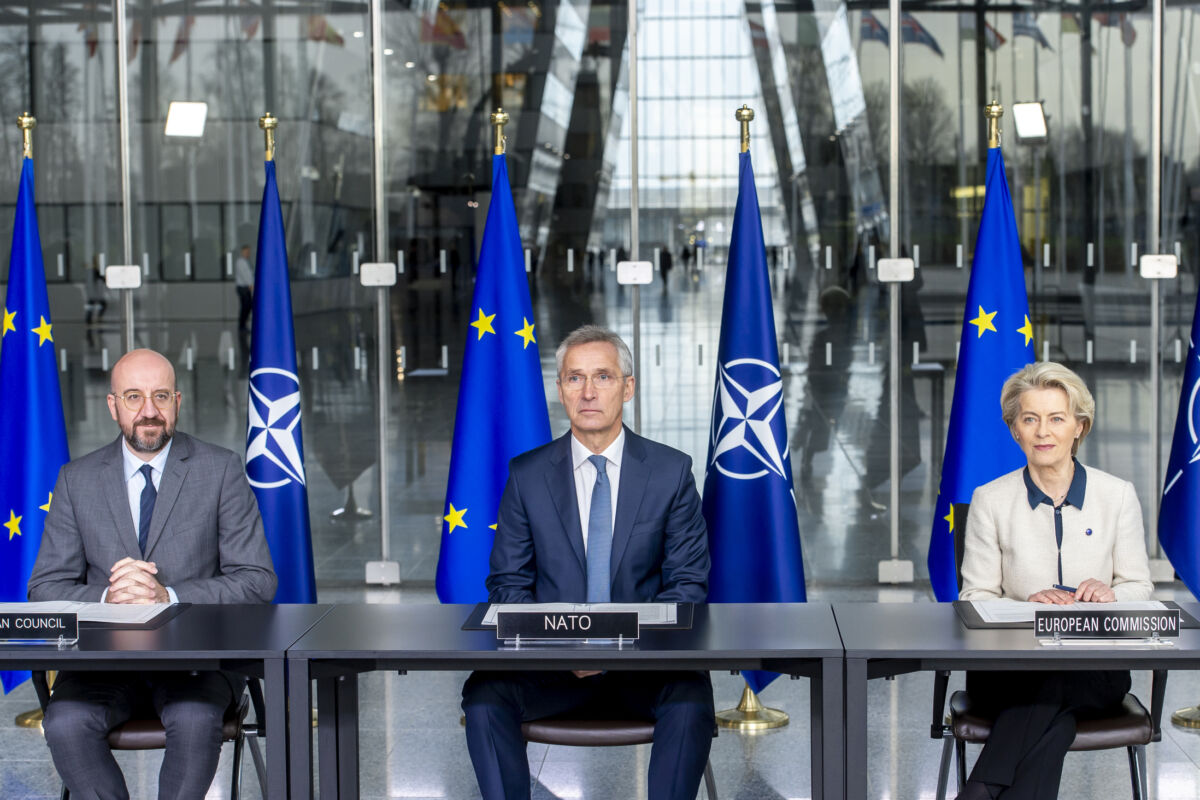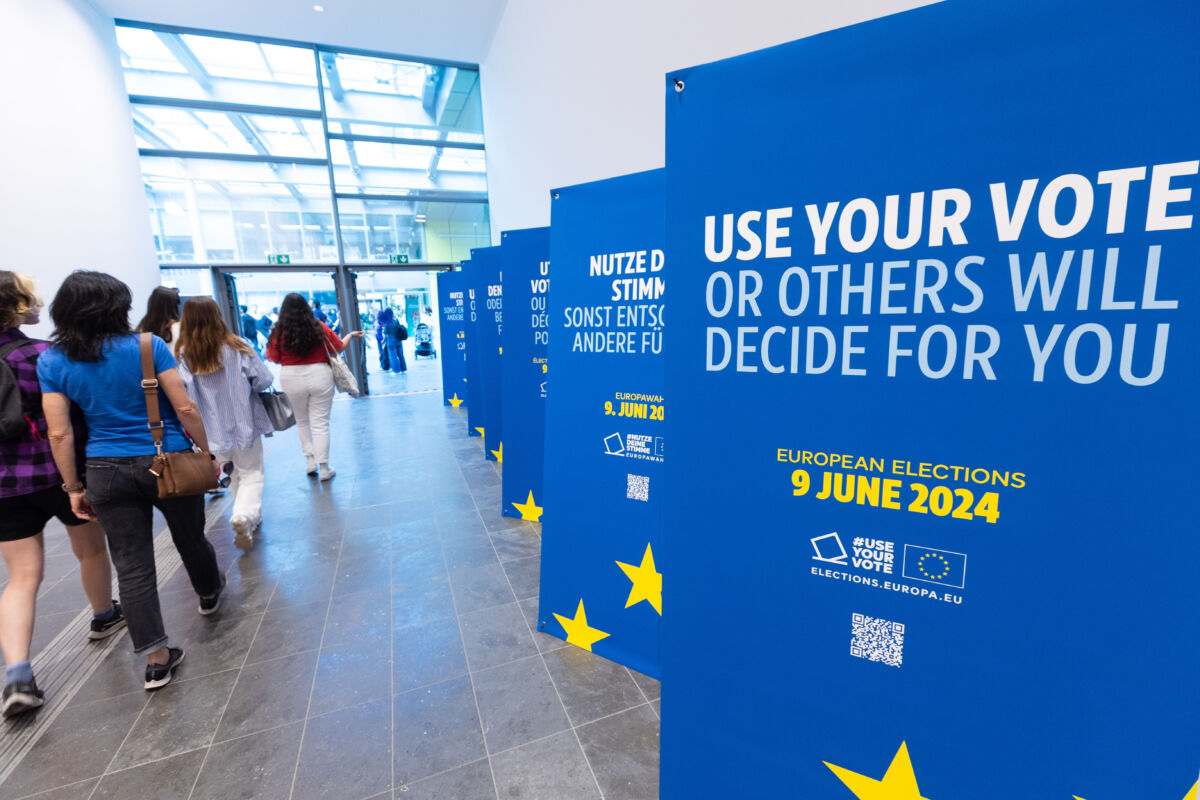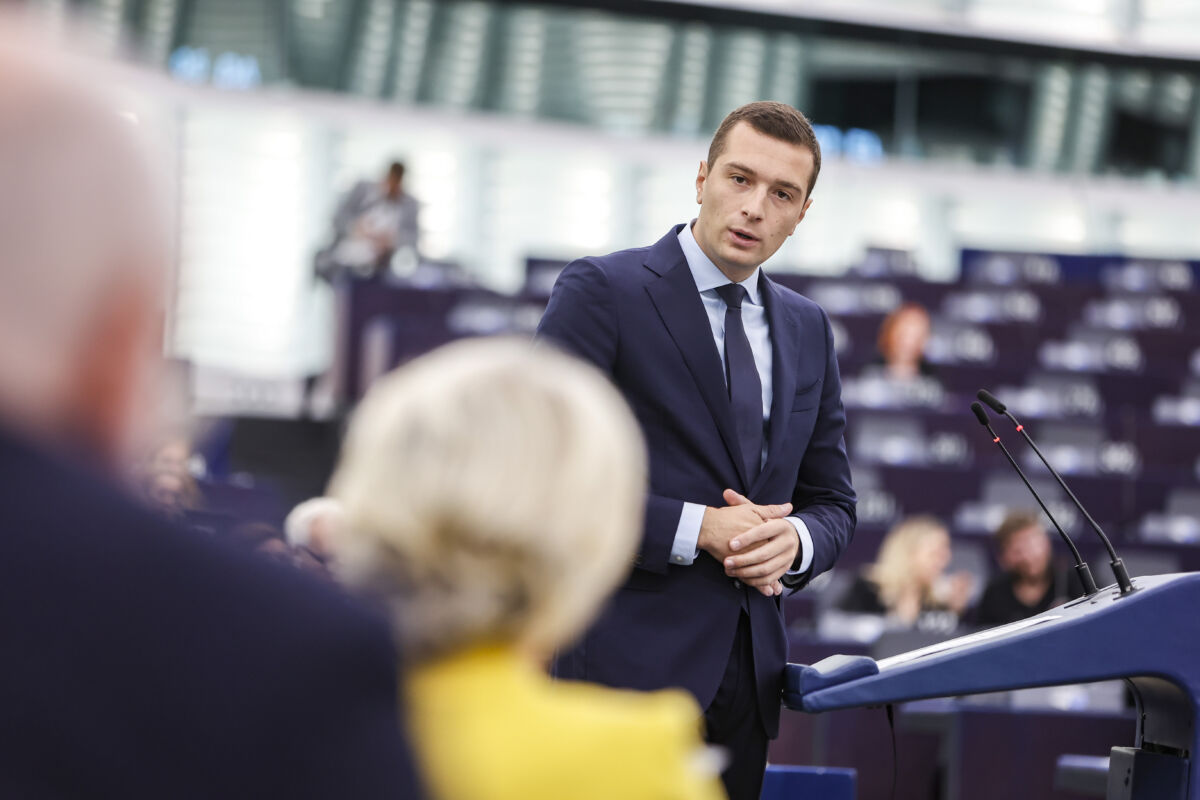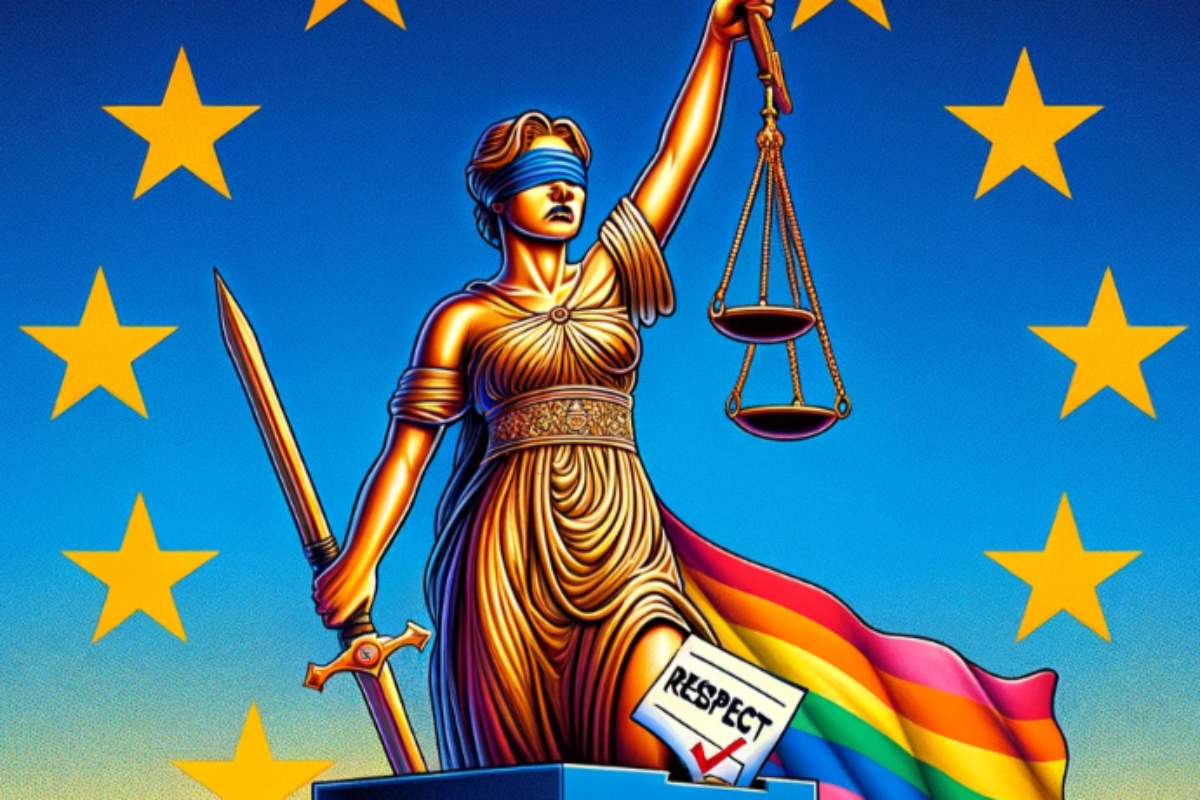We may have to leave it to historians to tell us whether Boris Johnson was the worst British prime minister ever.
We do know, however, how many of his policies have been disastrous. Quitting the EU’s single market has been unambiguously negative for the UK. The idea that ‘taking back control’ would liberate and dynamise the economy, freed from Brussels red tape, is now seen to have been a total illusion.
On the contrary, all the evidence points to Brexit transforming the UK economy from a relatively favourable performer in Europe into a laggard. Many EU immigrants that previously felt welcome have been leaving in sad despair, if not anger, ever since the day after the Brexit referendum. The reputational damage has been huge to a country and society which has long been proud of its deep culture of ‘my word is my bond’ without even a written contract, let alone an international treaty.
In France, the longstanding ‘perfidious Albion’ jibe has quickly proved itself to be a reality, not just a cliché. The damage done to many of the ‘crown jewels’ has been unbelievably irresponsible, including the academic and scientific research community and the City of London, for example. As if that was not enough, Johnson has been seriously endangering the constitutional integrity of the United Kingdom, effectively making the risk of both Scottish and Northern Irish secession quite real.
Adios Boris, but what should come next?
There is no real support for totally reversing Brexit and rejoining the EU. Leaving aside British politics, observers in Brussels can see that the EU itself would not find unanimity to support this.
The most objective argument is that those who support more federalist tendencies for the EU, including France, Germany and Italy, would not want the UK back in the club as a permanent blocker.
And this is not just a hypothetical matter. It suffices to go back to the EU’s impressive Covid-19 recovery programme with its substantial financing innovations, with massive borrowing and the prospect of new EU tax revenues, to be reminded that the UK would have absolutely blocked this. Several smaller northern Member States indeed did not like the idea (the ‘frugal five’), but without the UK they felt unable to block it.
But the idea or returning to the single market and customs union is another matter. More precisely, to join the European Economic Area (EEA) like Norway would mean full participation in the single market, without the EU’s agricultural and fisheries policies. On top of this, rejoining the customs union (which is separate from the EEA), would allow for the restoration of frictionless trade flows between the UK and its largest trading partner. This is especially pressing following recent UK trade figures that showed a 14 % drop in UK exports to the EU in 2021, the first year after the end of the transition period.
For anyone not wearing Brexit blinkers this is a no-brainer. It would solve two huge problems in one go.
First, over time, it would allow trade to flow freely to the EU again without bureaucratic costs, as well as restore the free movement of people. It would also undo the damage of being excluded from EU research and educational programmes, specifically Horizon Europe and the Erasmus scheme.
The British people would immediately recognise what a difference rejoining the EEA and customs union would make, from the younger generation who would see the whole of Europe open up again to their ambitions and tastes, through to retirees who would appreciate more their place in the sun in the south of Europe with previously lost rights restored, including healthcare.
Second, and crucially important now politically, it would entirely scrap the need for the Northern Irish Protocol, which is a nightmare of a mess both for business and, above all, for the politics and stability of the island of Ireland.
Of course, there would be cries of outrage from the Brexiteers. Rejoining the customs union, they would argue, would mean losing the freedom to make free trade deals with countries that the EU did not have its own deals with, such as the US, India, Australia and New Zealand.
This argument has not survived reality, however. The UK has not been able to progress with the US, while the EU is now negotiating ambitious free trade deals with India, Australia and New Zealand, and has established a Trade and Technology Council with the US.
The real objection can be simply boiled down to tabloid politics, essentially government by outrageous (and often inaccurate) Daily Express headlines.
The opposition Labour Party seems to have abandoned the idea of the single market, to its shame. But now with the Boris experiment ended in ignominy, it’s time for the British political class to take a cool and fresh look at Britain’s true national interests.
Inclusion in the single market via the EEA and the customs union is standing there as if tailormade for the UK. One could even say that it’s ‘oven-ready’.
Being an integral part of the single market was always the ideal EU model for the UK, designed by Lord Cockfield so successfully in the 1980s. But there was always the lingering concern about the ‘ever closer union’ that would threaten the UK with federal powers born in Brussels.
No problem, the EEA states are covered against this perceived risk, as it specifically excludes having to join the very federal eurozone, as well as EU fiscal-macroeconomic policy, justice and home affairs, and foreign and security policy. It still leaves the door open for ad hoc cooperation, such as for research or foreign and security policy cooperation (as is the case today over the sanctions against Russia).
Suffice to say, the sorry Boris Johnson saga, as predicted by many, became a truly traumatic experience for Britain, characterised by a toxic mix of economic incompetence, ethical degeneration and international disrepute.
But the deep culture of the nation is still there – personal integrity, common sense and the notion of fair play. This can be built upon again.


